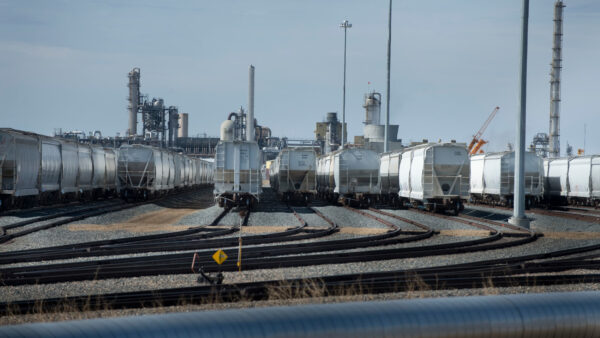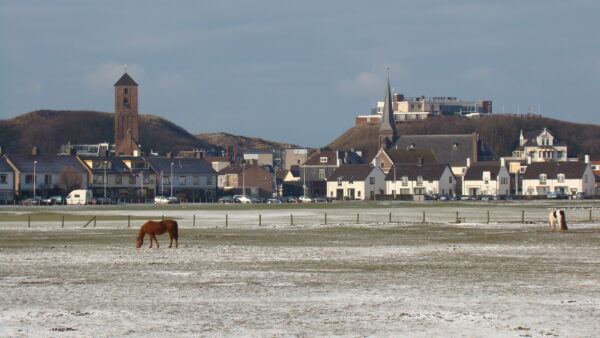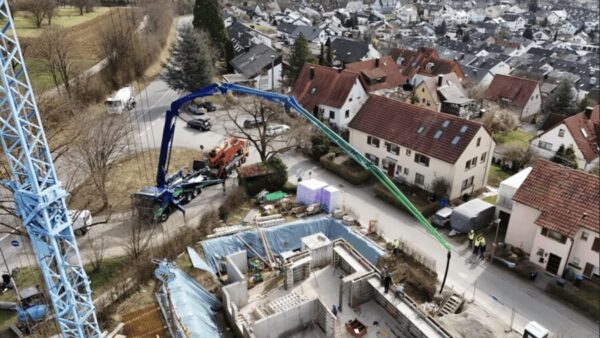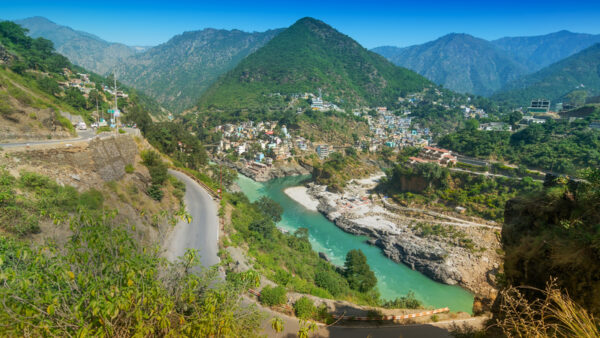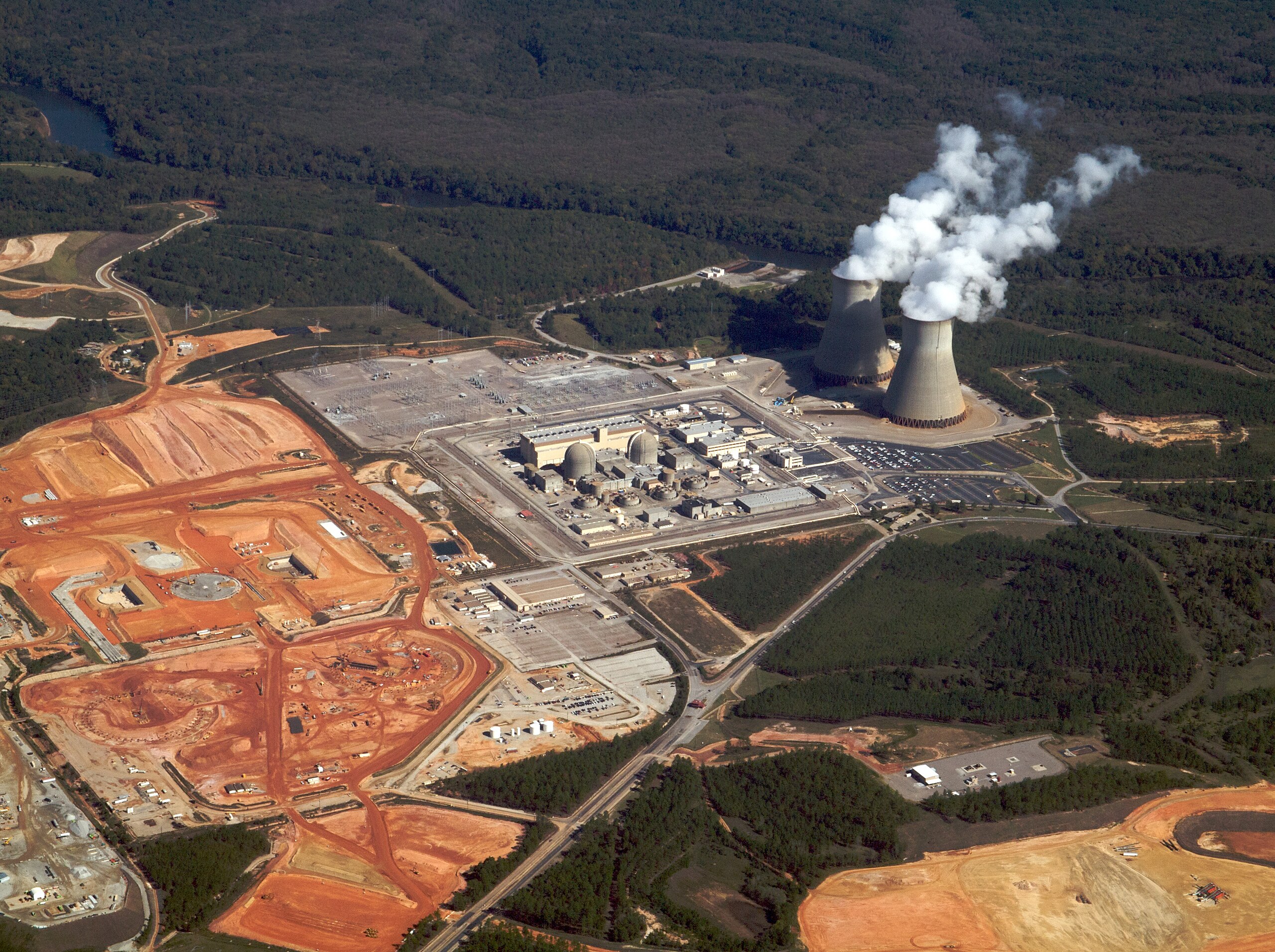
The fourth reactor of the Vogtle nuclear power plant in the US state of Georgia started commercial operations this week, marking the end of a difficult, 15-year project.
Combined with the new Unit 3, which began generating last July, the milestone marks the first new set of reactors completed in the US in 30 years.
Unit 4 can produce enough electricity to power around 500,000 homes and businesses, majority owner Georgia power said.
The completions make Vogtle the biggest nuclear power plant in the US, able to produce some 30 million megawatt hours of electricity a year.
US back in nuclear?
Bechtel was brought in to manage construction of the two units in 2017.
Its chairman and chief executive Brendan Bechtel said the completion could help restore US leadership in the global nuclear industry, a vacancy now filled by Russia and China.
Apart from Vogtle, he said, “the U.S. power industry has not successfully managed the start-to-finish construction of a new nuclear plant for 30 years.
“State-owned nuclear companies in Russia and China have taken the lead, expanding their own nuclear fleets and offering nuclear power plants to emerging countries.
“Despite widespread concerns about Russian energy in light of the war in Ukraine, Russia is still the world’s leading exporter of nuclear construction, including the first plants in Turkey and Egypt.”
Epic project
The project to build the two AP1000 reactors saw major delays.
When plans were approved by the state of Georgia in 2009, owners expected units 3 and 4 to be operational by 2016 and 2017, with a combined cost of $14bn.
Recent estimates put the combined cost of the units at over $30bn, energy experts at Columbia University noted last year.
Citing a 2022 report by the US Department of Energy, the experts listed the root causes of the delays and cost overruns as incomplete design, inadequate level of detail in the integrated project schedule, inadequate quality assurance, and poor risk assessment, among other factors.
The bankruptcy of the AP1000’s designer Westinghouse in 2017 complicated efforts, as did the covid pandemic.





